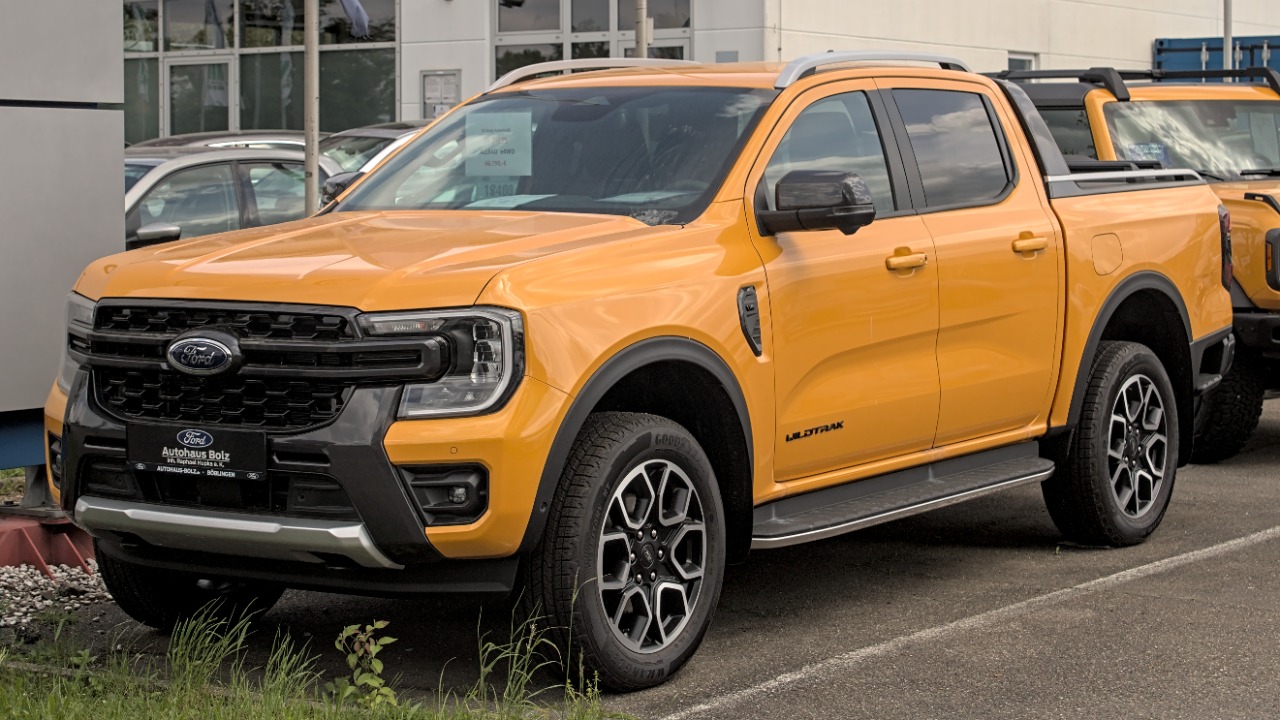
When it comes to pickup trucks, safety is a top priority for many consumers around the globe. However, not all trucks meet the stringent safety standards expected in every market. While some pickups are celebrated for their rugged performance and versatility, others are noted for lacking in critical safety aspects, especially when put to the test overseas. Here, I delve into some popular pickup trucks that have faced scrutiny for failing safety standards outside their home markets.
Toyota Hilux
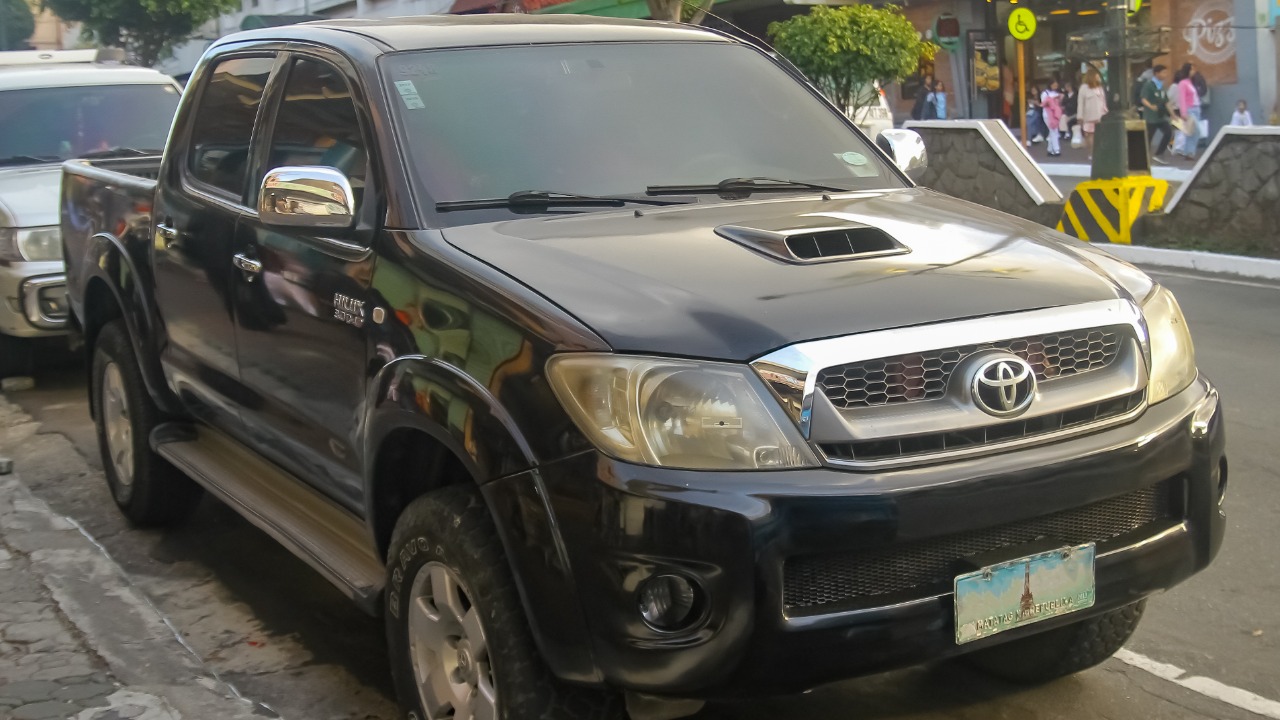
The Toyota Hilux is a favorite among many for its durability and off-road capabilities. However, this truck has faced criticism for its safety features when evaluated under European standards. In particular, the Hilux has been noted for its lack of advanced driver-assistance systems, which are essential for preventing accidents. In some crash tests, the Hilux has struggled to meet expectations, raising concerns about its suitability in markets requiring higher safety benchmarks.
While the Hilux remains a strong contender in terms of reliability, its safety shortfalls have been highlighted in various European safety reviews. As safety standards continue to evolve, Toyota will need to focus on enhancing the truck’s safety features to maintain its competitive edge in these demanding markets.
Ford Ranger
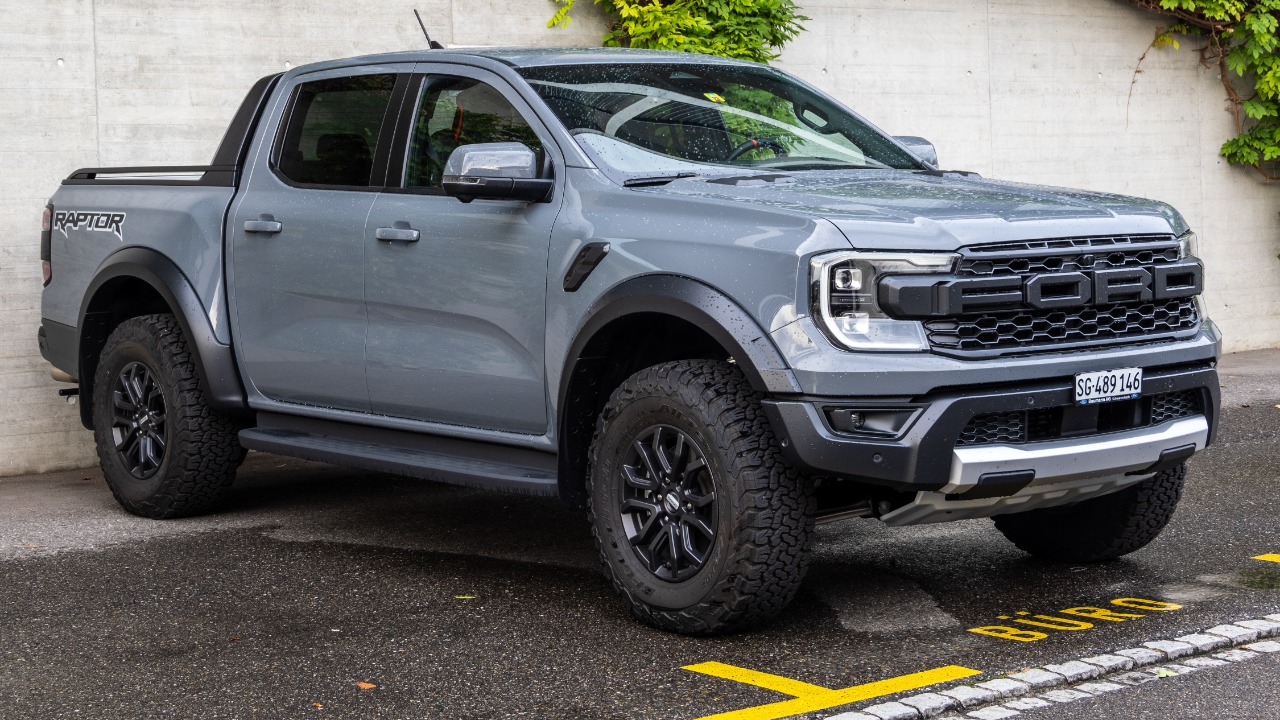
The Ford Ranger is another popular pickup that has come under scrutiny for its safety performance overseas. Despite its strong build and powerful performance, the Ranger has been criticized for its crash test results in certain international markets. The lack of standard safety features such as lane-keeping assist and pedestrian detection systems has been a point of concern.
Moreover, in some regions, the Ranger has failed to score well in safety assessments. Ford is expected to address these issues as they work towards meeting varying global safety standards. This will be crucial for the Ranger to maintain its popularity and ensure the safety of its passengers.
Nissan Navara
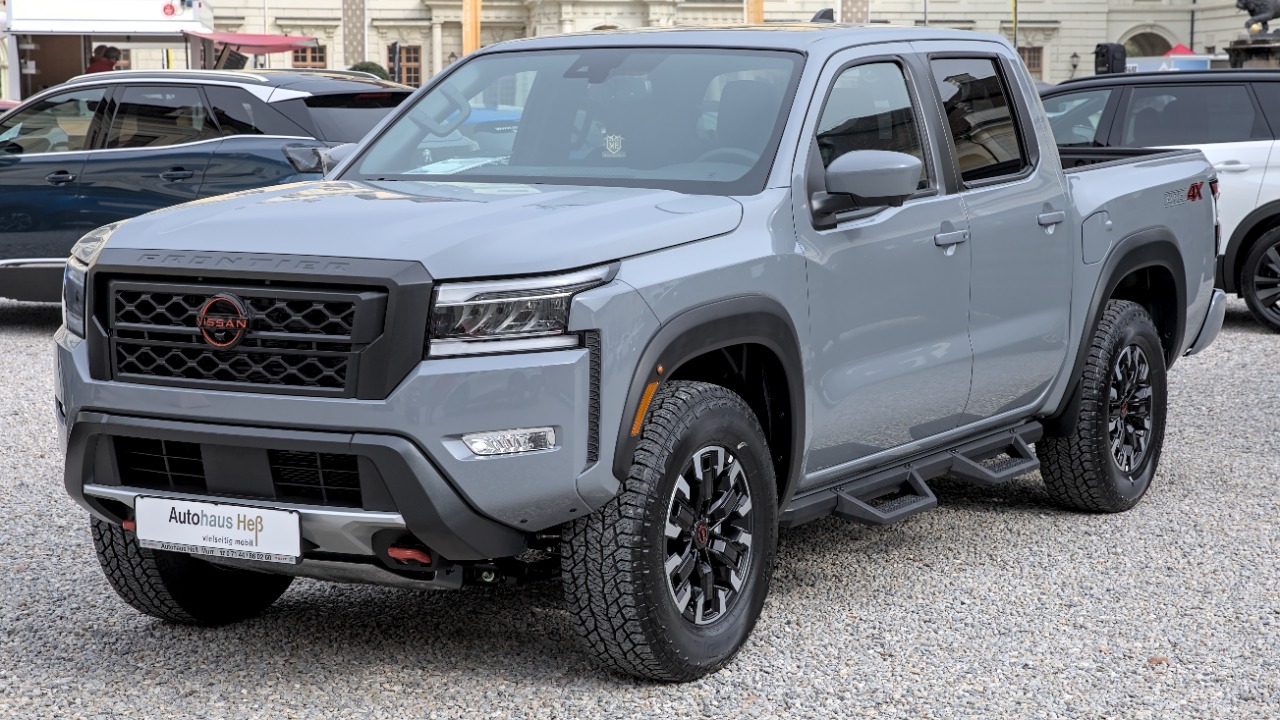
Nissan’s Navara is known for its stylish design and robust performance, but it has encountered safety challenges in certain countries. The pickup truck has been criticized for its crashworthiness, particularly in side-impact collisions. Additionally, the Navara has been found lacking in some advanced safety technologies that are becoming standard in many markets.
These safety issues have been highlighted in various forums and by consumer advocacy groups. As a result, Nissan is likely to face pressure to upgrade the Navara’s safety features, especially in Europe, where safety regulations are more stringent. Improving these aspects will be key for Nissan to remain competitive in the global market.
Mitsubishi Triton
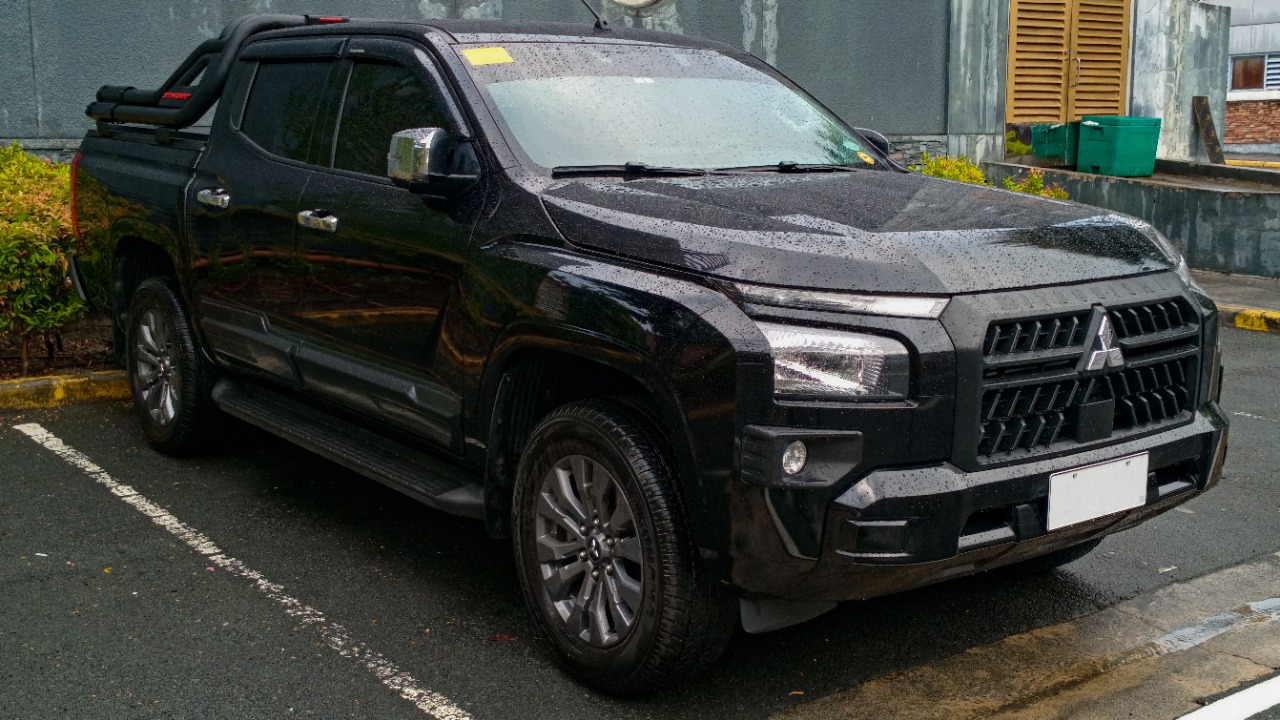
The Mitsubishi Triton, also known as the L200 in some markets, has been a reliable workhorse for many. However, its safety ratings have not been as impressive as its performance metrics. In particular, the Triton has struggled with crash test results in the European NCAP ratings, which emphasize the importance of advanced safety features.
Despite its robust design, the Triton lacks several modern safety systems that are increasingly important in competitive markets. Mitsubishi will need to focus on these areas to ensure the Triton can meet the evolving safety requirements and maintain its appeal among safety-conscious consumers.
Isuzu D-Max
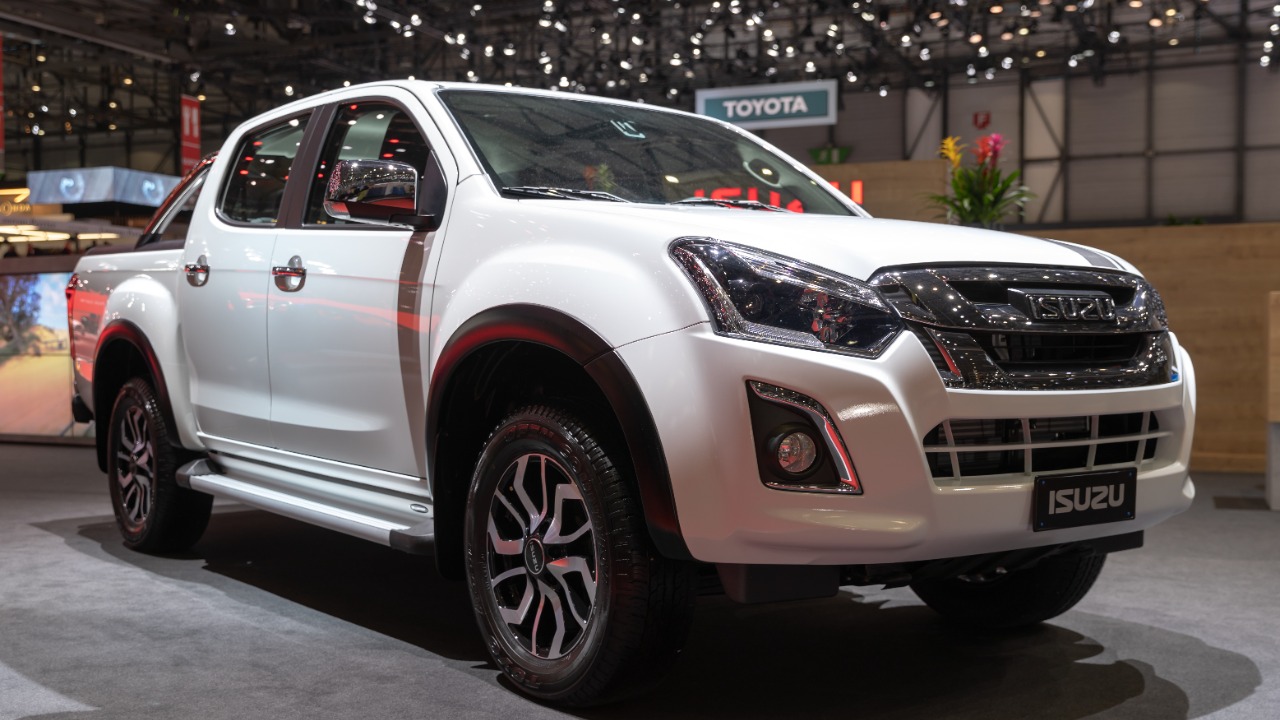
The Isuzu D-Max is well-regarded for its reliability and efficiency, but it has not escaped criticism regarding its safety credentials. Although the D-Max offers some safety features, it has fallen short in comprehensive safety tests conducted in some international markets. The truck has been noted for inadequate protection in certain crash scenarios, which has affected its overall safety ratings.
To improve its standing, Isuzu will need to address these safety concerns by integrating more advanced safety technologies. This move is essential to ensure that the D-Max can compete effectively in regions with higher safety expectations and regulations.
Volkswagen Amarok
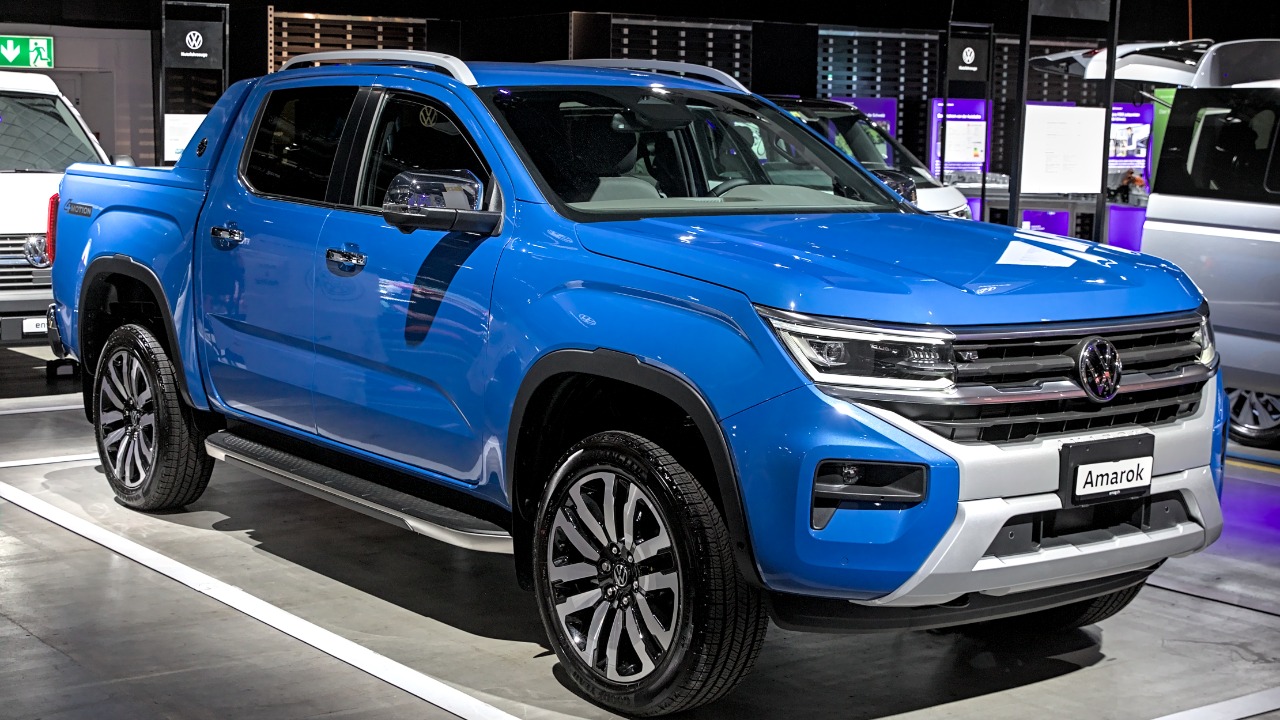
The Volkswagen Amarok, known for its premium feel and powerful performance, has faced challenges in meeting the safety standards in some overseas markets. Although equipped with some safety features, the Amarok has been critiqued for not offering the latest driver-assist technologies that are becoming a standard expectation globally.
In response to these concerns, Volkswagen is likely to focus on enhancing the Amarok’s safety systems. This step will be crucial for the Amarok to remain a viable option for consumers who prioritize safety in their vehicle selection. Additionally, the importation concerns of such vehicles into regions with stricter safety regulations highlight the necessity for these enhancements.